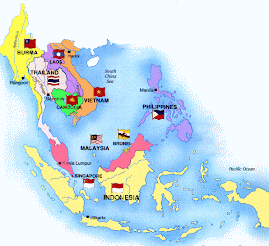I'm engaged with ARPOS on getting biochar into their, and the palm oil industry sustainability agenda. The email text below from Dr Rory Padfield is self-explanatory. Biochar and biochar related issues are included in the survey...
"Dear ARPOS members,
As some of you will be aware a project was launched last year to identify priority research questions for the study of palm oil sustainability.
Following an initial workshop to establish the broad research themes
(13 in total) held at the Corus Hotel in March 2015, a series of
stakeholder engagement activities and an on-line survey resulted in 185
individual research questions submitted by stakeholders. Many of you
kindly submitted your questions and also forwarded the survey to your
palm oil networks.
We are now in the final
stage of the research project where these 185 questions will be
prioritized by palm oil stakeholders. This final stage is important
since it will help us understand where we should be focusing our
research efforts (activities, funding, academic debate, etc) to achieve
palm oil sustainability. Furthermore, the result of this survey will
help set the basis for ARPOS' 1st Research Strategy document. This will
be presented at the ARPOS AGM in April 2016.
Thus, I wish to request your kind assistance to help with the following:
1) Please spend a few minutes to fill out the on-line survey yourself. The link is below.
2)
Please circulate the survey (or this email) to your respective networks
and/or individual contacts who may be interested to participate in the
survey. Please note that this survey presents an opportunity for palm
oil stakeholders to influence the direction of future research into palm
oil sustainability.
On-line survey link:
Many thanks for your cooperation.
Best wishes,
Rory"





